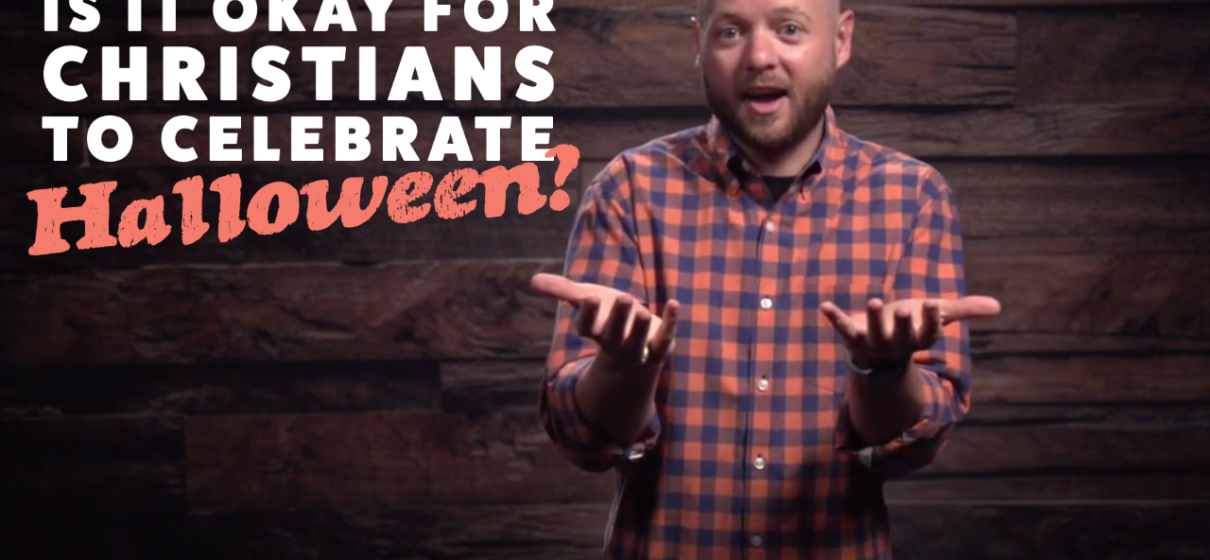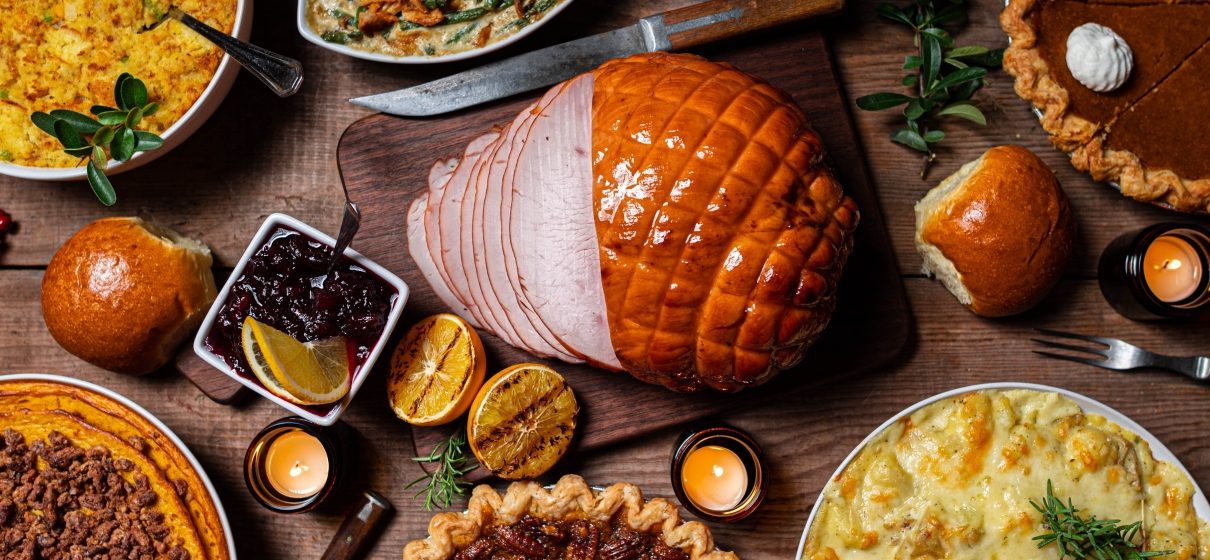You know the scene — that tumultuous environment known as the high school cafeteria.
You know the feeling of walking in to such a setting, lunch in hand, scouring the room for a place to sit.
Am I allowed to sit at that table?
What would people think if I sat there?
I can’t sit with them; they’re not my crowd.
And many of us know the feeling from the other side — the person sitting at the table, monitoring the movements of the hopeful seat hunters.
Are they going to sit here?
What would people think if they sat with us?
They aren’t one of us, I hope they don’t try it.
We call them “cliques” in high school. At that stage of life, we’re identified by what we do and who we spend time with; by the sports we play or don’t; by the grades we get (or don’t); and by our general attitude toward this building we’re required to be in.
Honestly, it’s easier to eat lunch with people who do the same things we do. It’s fun to talk about music with other people who like it. There’s camaraderie in clowning around with the other guys on the football team. And it’s motivating to sit alongside students with the same goals of getting into a good college like we want to.
The problems come when we see anyone outside this circle — anyone not at this table — as “them,” and anyone inside it — anyone sitting at the table — as “us.”
And that isn’t just a high school problem.
As college students, and young adults, and married couples, and parents, and voters, and sports fans, and co-workers, it’s common to fall into the “them” and “us” way of thinking.
Honestly, we don’t need to talk about whether this is right or wrong.
We know.
Deep down we know it’s a shallow view of life to only commune with those who look like us, or act like us, or think like us.
But, we also know it’s comfortable.
It feels good to be affirmed, to be heard, to be able to say what we really think.
And the truth is, we also know being around like-minded people holds some value.
It is a valuable thing to be able to gather with people who will listen to us, understand where we’re coming from, and who can offer specific, tailored counsel to our situation and circumstance.
So, what do we do?
Do we sit at the lunchroom table with only “our” people?
Or do we allow others who might upset the established vibe to join us?
In the Bible, we see Jesus navigate this issue with beautiful balance.
Jesus, throughout his ministry, has his guys — the disciples — with him wherever he goes. He spends a lot of time with them. In the book of Acts we come to understand that these men are leaders he’s raising up to lead the church in its infancy, but they’re also just his buddies. He eats with them, teaches them, travels with them, and works alongside them.
But, Jesus’ purpose isn’t solely focused on these men. He has other things he’s trying to accomplish as well.
We see him go out of his way to speak with the woman at the well (John 4:1-42), and stay at Zacchaeus the chief tax collector’s house (Luke 19:1-10), and heal the sick like the paralyzed man (Luke 5:17-26) or the woman with the issue of bleeding (Mark 5:24-34), and love the hurting like Jairus the ruler of the synagogue and his daughter (Mark 5:21-24, 35-43) and Mary, Martha, and Lazarus (John 11:1-44).
These aren’t the people it would have been most advantageous for Jesus to be around. These were the outsiders and outcasts, the broken and the beaten-down, the desperate and the dying.
If this were the high school cafeteria, Jesus would have been working to push all the tables together, including — and maybe especially — the ones where no one else wanted to be.
Jesus made room at his table.
Just like he made room for you.
This is the beauty of the Gospel, that Jesus would invite us in, that he would offer us a place in his father’s family, by doing for us what we couldn’t do for ourselves — despite our differences and despite our disobedience.
But it doesn’t end there.
Jesus not only invites us in to salvation and grace, but he then invites us into his mission of extending that same offer to everyone in the world.
“Go therefore and make disciples of all nations, baptizing them in the name of the Father and of the Son and of the Holy Spirit, teaching them to observe all that I have commanded you. And behold, I am with you always, to the end of the age.”
– Matthew 28:19-20
At Clear Creek Community Church, we say we want to reach every man, woman, and child, in our geography with the gospel, and that our mission is to lead unchurched people to become fully devoted followers of Jesus Christ.
There are a lot of people in this cafeteria we call the 4B Area. There are many different cliques, a variety of people groups and social statuses, and a wealth of diversity. But if we want to live out the mission of not only our church, but of Jesus, then we must be willing to do the uncomfortable, the unconventional, and maybe even the “uncool” — to ask people who don’t normally sit with us to take a seat.
Is there room at your table?










